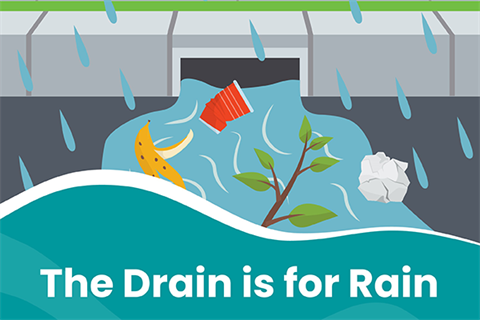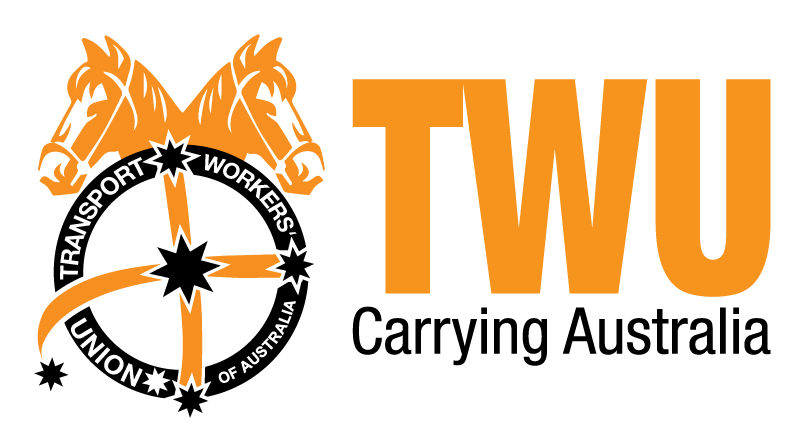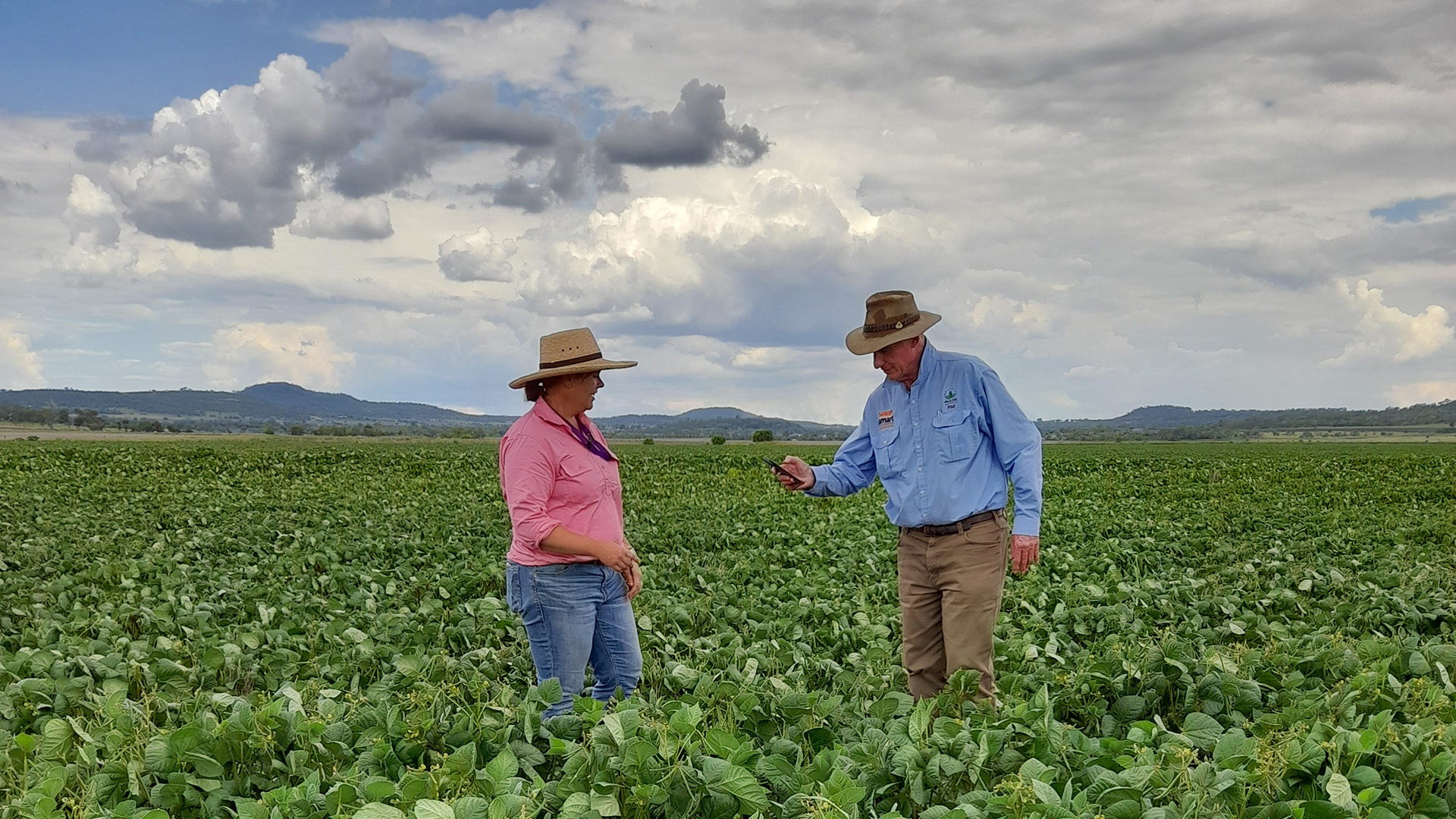Another toy supply company has been fined for supplying unsafe toys and four more companies are before the Courts on toy safety charges following Commerce Commission investigations.
Cinevan International Limited was fined $81,000 in the Auckland District Court on 19 February. It had earlier pleaded guilty to five representative charges relating to supply of 2,337 units of five toys or toy sets between January and December 2018.
For the Commerce Commission, Head of Consumer Stuart Wallace said “one feature of this case is that packaging on some of the toys carried labels or symbols indicating they were not suitable for children under 3. The toys were clearly intended for use by young children, and businesses cannot use such labels to avoid their legal responsibilities.”
The Commerce Commission currently has four more toy safety prosecutions before the Courts:
- Greenstar Holding Limited has pleaded guilty to four representative charges relating to the supply of 217 toy animal sets between November 2017 and February 2019. It is awaiting sentence.
- Feel So Good Limited has pleaded guilty to five representative charges relating to supplying 2,964 units of a “Ha-Ha Groan Hammer” between August 2014 and December 2018. It will be sentenced in the Manukau District Court on 26 March.
- Kent Sing Trading Company Limited has pleaded guilty to one representative charge relating to the supply of baby rattle toys between October 2014 and December 2018, and will be sentenced in the Manukau District Court on 22 April.
- Espoir Limited has pleaded guilty to five representative charges relating to supply of toy animal sets between December 2014 and December 2018. It will be sentenced in the Manukau District Court on 3 April.
Under testing small parts became free from all the toys and toy sets, or toys or toy parts were small enough to pass through a template. In either case the toys or toy parts were a choking hazard to children 36 months and under.
“A common theme of these prosecutions is that the companies told us they had little or no knowledge of the toy safety Standard and did not have compliance programmes in place. The Commission will continue to make such cases a high priority because they are about the safety of small children,” said Mr Wallace.
Other recent cases completed by the Commission saw fines handed down against First Mart and ACQ Development Limited.
ACQ was fined $81,000 in October 2019 for supplying 1,823 sets of unsafe rubber duck toy sets.
During testing squeaker devices came free from the large duck and from each of the small ducks. The squeakers were small enough to fit inside a testing cylinder and therefore represented a choking hazard for young children. In addition, the three small ducks were small enough to pass completely through a testing template, also meaning they represented a choking hazard.
ACQ recalled the duck sets.
Background
Choking hazard
ACC figures show that, between 2014 and 2018, there were at least 32 accident claims relating to choking on toys by children 36 months and under.
The mandatory standard for toys covers toys intended for use by children up to 36 months of age. It aims to reduce the risk of injury or death to young children by ensuring that toys intended for their use are not so small, or do not have parts so small, that they could be swallowed or ingested causing choking.
Testing of such products includes tension, torque (twist), and drop testing, and it is designed to simulate normal use and reasonably foreseeable abuse of toys by young children.
The choking hazard from small toy parts is the subject of episode 9 of the Commission’s animated series It’s All Good.
Toy safety videos
The Commission has released a set of three videos designed to help businesses, all of which can be found on the Children’s toys page of the Commission website, along with further guidance for businesses:
- ‘The story of a toy’ shows the potentially devastating impact of supplying an unsafe toy
- ‘Any doubts? Don’t sell’ gives guidance on the mandatory product safety standards, particularly that for toys for children 36 months and under
- the final video demonstrates the three tests that toys undergo to demonstrate they pass the mandatory standard.







